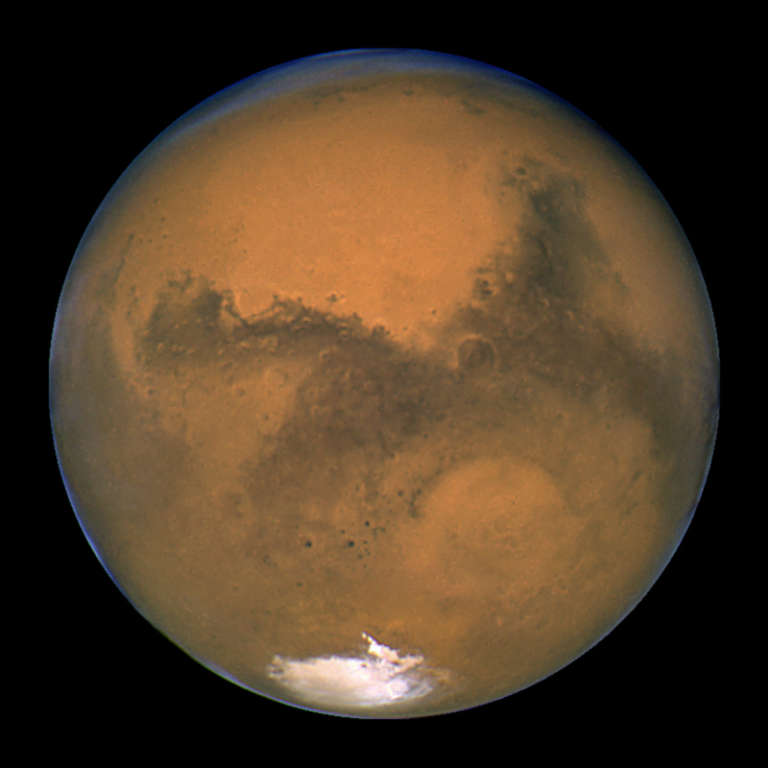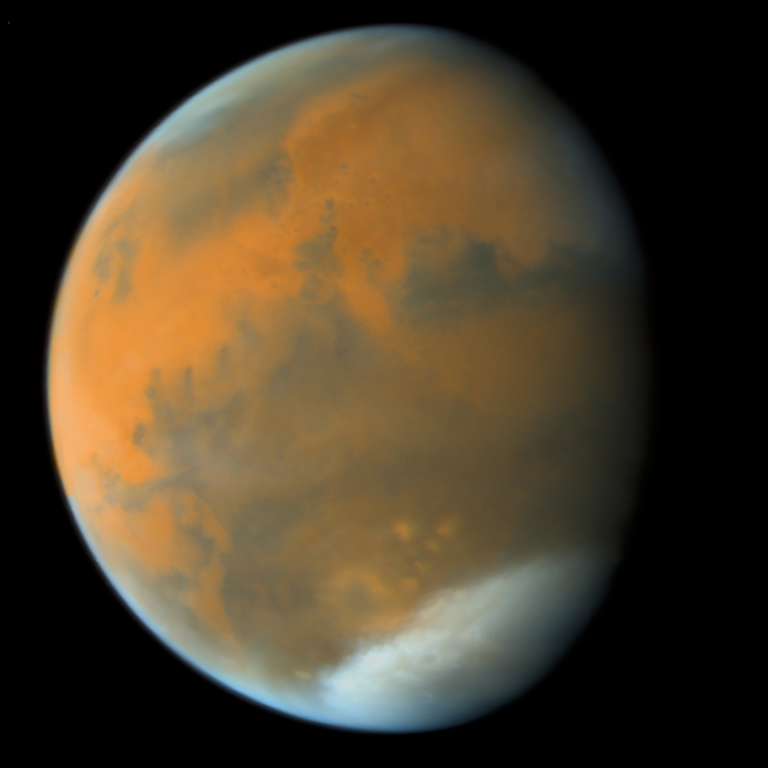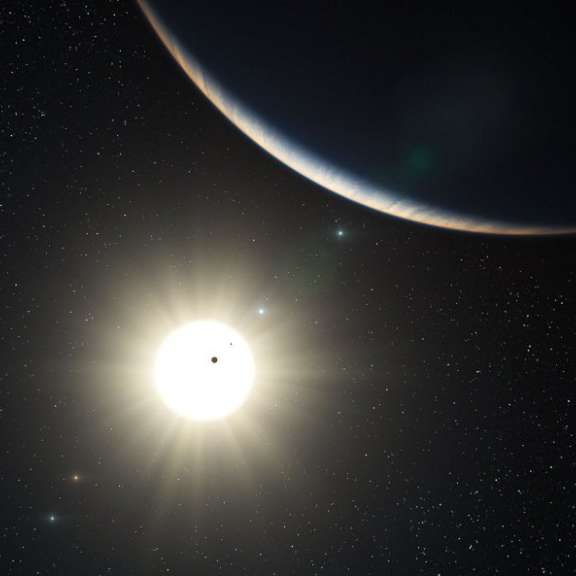All
All
Stories, updates, insights, and original analysis from The Planetary Society.
Mars Program Update from MEPAG
Bruce Betts reports on the status of the current and future Mars program and on acronyms from a meeting of NASA's MEPAG (Mars Exploration Analysis Program Analysis Group).
NASA's New Direction For Mars (Maybe)
The future of the Mars Exploration Program exists as multiple mission plans straining to exist in the brutal new cost cap from the FY13 budget, pushed far into the future.
The OMB Didn't See This Coming
In ten days, our members and supporters sent over 17,000 emails to staff members who create and influence NASA's planetary science budget. The public support is there. We're making difference but not letting up.
Sequestration and Planetary Science
The sequestration is coming on January 2nd, 2013. If Congress does nothing to prevent it, NASA's planetary science division stands to lose an additional $97 million to the already-proposed cut of $309 million for 2013.
What if the Senate had a hearing on Mars and no one came?
Today there was a Senate hearing on the future of Mars exploration, title
Name That Asteroid!
OSIRIS-REx is will return a piece of the ancient asteroid 1999 RQ36, and it's up to you to come up with a name.
Optical SETI Gets a Major Upgrade
The Planetary Society Optical SETI Telescope in Harvard, Massachusetts just got a major upgrade of its electronics.
Curiosity's Marsdial is on Mars!
Following the successful landing of the Curiosity rover, it is gratifying indeed to see the third MarsDial© photometric calibration (cal) target on the planet Mars. It is something near and dear to me personally, and it's good for all of us, because it helps us do good science.
Zapping Rocks with Lasers to Save the World
The Planetary Society Laser Bees project in Scotland is studying in the lab a potential new technique for deflecting dangerous asteroids: laser ablation.
Bringing a little star power to Capitol Hill
On May 8, 2012, Bill Nye and Neil deGrasse Tyson brought their unique brand of motivational speaking to Capitol Hill. In a standing-room-only lunch discussion in one of the meeting rooms for the Committee on Space, Science, Technology, these two space superstars, along with planetary scientist Louise Prockter, explained to members of Congress, staffers, and media why we must continue to invest in planetary exploration.
Planets around Alpha Centauri?
Do planets circle our closest stellar neighbors, the system loved by science fiction: Alpha Centauri? We don’t know. But, Debra Fischer, Julien Spronck, and their colleagues at Yale University, in part with Planetary Society support, are trying to find out.
Pioneer Anomaly Solved!
With the latest piece of the puzzle just published in a scientific journal, a solar system mystery that has perplexed people for more than 20 years has been solved, truly thanks to the support of Planetary Society members.
A possible nine-planet system
Someone on Twitter pointed me to a paper recently posted to ArXiv titled
Phobos-Grunt Failure Report Released
It appears that Phobos-Grunt was doomed before it launched on November 9, 2011. Cheap parts, design shortcomings, and lack of pre-flight testing ensured that the spacecraft would never fulfill its goals.
Official Phobos-Grunt Failure Report Released
Roscosmos, the Russian Space Agency, has released its official report concerning the failure of the Phobos-Grunt spacecraft, which fell back to Earth from orbit on January 15 after failing to ignite the engines that were to take it to the largest Martian moon.
One Man's Quest for SETI's Most Promising Signal
A review of Robert H. Gray's
Watch this week's Google+ Space Hangout
This week's lineup is a largely astronomical crowd so most of the conversation concerned dark matter and boiling exoplanets and imaging the black hole at the center of our galaxy.
Phobos-Grunt is no more
Phobos-Grunt has returned to Earth, a lot sooner than it should have. Yesterday, at approximately 17:45 UT, the Russian spacecraft and its passengers, including a Chinese orbiter and the Planetary Society's LIFE experiment, descended into Earth's atmosphere.
News brief: Phobos-Grunt has fallen to ground
The Russian military is stating that at 17:45 UT, Phobos-Grunt fell into the Pacific Ocean.
Reflections on Phobos LIFE
We explore space for the noblest goals of science and exploration, and we often persevere in spite of challenges. But space exploration is fraught with bad things happening, or, to use the technical term, ouchies. The Planetary Society's Phobos LIFE biomodule will re-enter the Earth's atmosphere in the next few days with the rest of the Phobos-Grunt mission.


 Explore Worlds
Explore Worlds Find Life
Find Life Defend Earth
Defend Earth


 Sun
Sun Mercury
Mercury Venus
Venus Earth
Earth Mars
Mars Jupiter
Jupiter Saturn
Saturn Uranus
Uranus Neptune
Neptune Small Bodies
Small Bodies















